Trauma in our communities
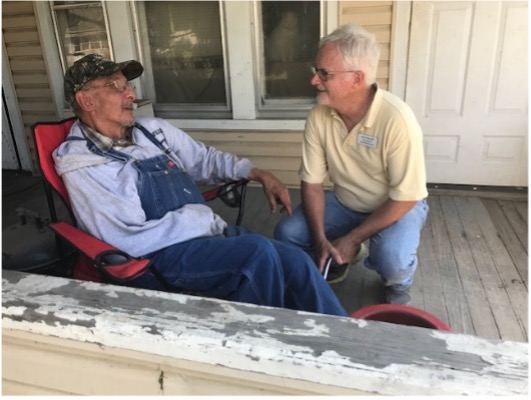
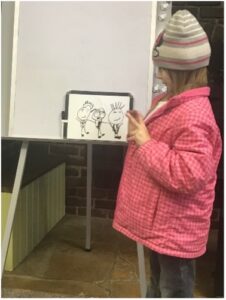 As I sat down (via Zoom) with Paul Daniels, executive director, Center Associates, in early November 2021, I was overwhelmed by the stories of trauma and loss in the small town of Marshalltown, Iowa, population 27,591.
As I sat down (via Zoom) with Paul Daniels, executive director, Center Associates, in early November 2021, I was overwhelmed by the stories of trauma and loss in the small town of Marshalltown, Iowa, population 27,591.
The Midwest Early Recovery Fund awarded a grant in March to assist Center Associates in building the capacity of its staff to provide additional services in response to the 2020 derecho. This wasn’t the first grant they received; they were also a grantee partner in 2018-2019 for tornado response.
We started our meeting with a list of the traumatic community-wide events over the past few years:
- 2018 tornado that damaged hundreds of homes.
- 2020-21 COVID-19 pandemic, which continues to linger, including six funerals in the last two weeks of October.
- 2020 Derecho with significant damage statewide.
- A recent abuse scandal that rocked a local school and led to the suicides of two staff and a deep mistrust for families.
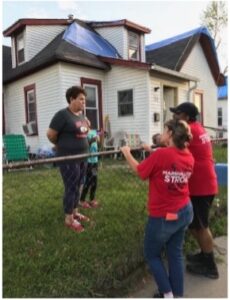
Prior to these crises, Marshalltown experienced an influx of refugees and immigrants, but did not have enough culturally appropriate and linguistically competent services. These changes increased tension in the community.
The community, like many in rural America, doesn’t have adequate, affordable housing. The loss of housing from the two extreme weather events compounded this crisis and many are still displaced or living in spaces that have not been repaired.
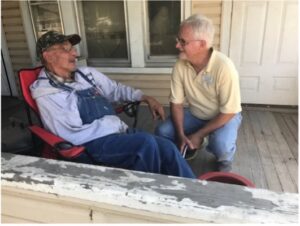 New housing is being built, but there is concern that much of it is not affordable for those already living in the community. All of this leads to psychosocial needs that are not just situational or individual, but are chronic and affect the whole community.
New housing is being built, but there is concern that much of it is not affordable for those already living in the community. All of this leads to psychosocial needs that are not just situational or individual, but are chronic and affect the whole community.
I think many of us would feel overwhelmed and perhaps paralyzed in knowing what to do by all of this. Not Paul and his team of licensed mental health professionals, nurses and bilingual behavioral and mental health professionals.

For the past five years, they have been changing their approach. Instead of telling people to come to them for help, they are out in the community.
They visit schools to meet with children, teachers and administrators, providing educational materials and assuring people in the midst of the fear and anxiety that they are not alone and help is available. They make weekly visits to the meatpacking plant and meet with employees.
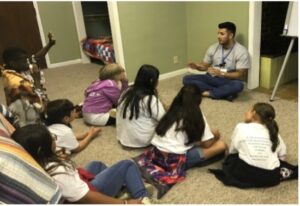
When invited, they make home visits and assist the whole family. Whenever they find out that those they are meeting with are struggling with housing, food or clothes or other needs, they collaborate with other services, provide grocery coupons or gift cards, and use mental health interventions.
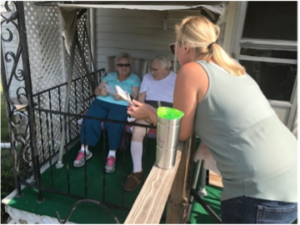
They intentionally connect with other service providers, including law enforcement, social services and the local hospital, and work collectively to ensure holistic responses are given to those in need. They are engaged in a long-term, trust-building process to secure a better future for everyone in their community and surrounding areas.
These ongoing crises are often invisible; the external damage of the derecho and the tornado is unseen, and there is an assumption that there is no more need. However, we know that the hidden impacts and losses can lead to ongoing struggles with fear, anxiety and depression. The conditions are overwhelming, especially when we consider that there are most likely thousands of communities that have similar stories.
But there are also local, culturally aligned organizations and individuals in many of those communities who are doing this work daily; with financial support, their work can flourish.
CDP’s Midwest Early Recovery Fund is proud to support local, culturally aligned organizations that provide holistic recovery services for their communities.